On March 16, according to foreign reports, a bill to ban flavored vaping products is back on the table in Connecticut, which would remove certain e-cigarettes and e-cigarette tobacco products that studies show appeal to teens.
A report in January found that nearly a third of Connecticut high school students said they used tobacco. In addition, multiple studies have found that sweet and fruity tobacco flavors such as strawberry, mango and marshmallow are marketed to younger consumers.
Similar legislation has failed in recent years due to the pandemic – when many students were studying at home. But before COVID-19, Connecticut and other states were concerned about youth addiction to flavored tobacco products, especially when vaping products were purchased on the black market.
On Monday, the state’s public health committee held a public hearing on the legislation. Daniella Arias, program coordinator at The Hub who works with substance abuse prevention counselors in southwest Connecticut, said that while the number of young people using e-cigarettes has declined since the pandemic began, Still a problem at school.
“Some local prevention boards and police have noticed that young people continue to use e-cigarettes even in schools and school property,” Arias said. “They continue to do it in the bathroom. They skip lunch and go to the bathroom to vape. So it’s still a big problem.”
The center’s goal is to reduce teen vaping by 5 percent by 2025. The pandemic could make that difficult, Arias said.
“In our most recent report, we concluded that there was a slight decline in e-cigarettes themselves, but we believe this is due to their epidemic and the lack of access to e-cigarettes among young people,” she said. “But now as we move into post-pandemic life, we’re seeing more and more young people continue to use e-cigarettes.”
To help crack down on children’s purchase of flavored vaping products, Connecticut raised the legal age to buy tobacco products to 21 in 2019, but children’s advocates warn students can still get tobacco products in schools.
An Old Lyme high school student, Phoebe Lampos, told the committee students had found ways to avoid the age limit.
“A lot of times, people have older siblings and friends who get these products from there,” Lampos said. “Once these younger students get them from the older kids, they assign them to their grades. And then very quickly it becomes something of their grades.”
The 2021 National Youth Tobacco Survey further found that during the 30-day period in 2020, as many as 13.1% of middle and high school students used flavored e-cigarettes; in 2021, this figure further rose to 13.9%. More than 40% of high school students surveyed reported using e-cigarettes on at least 20 of the past 30 days.
Jessica Lu, a PhD student at Harvard University, conducted research for the Behavioral Science Council after San Francisco banned flavored tobacco sales. She said the packaging caught the children’s eye.
“When the products are flavored, they’re also more colorful, and they have images of fruits and plants and things like that,” Lui said. “We also found in this study that colour and imagery and everything related to taste and product appeal to young people.”
Restricting access, flavors and restricting flavors are all good ways to prevent children from using these products, she said.
In addition to packaging, the placement of these products can also be harmful.
“When you have these products in every gas station, every convenience store, every grocery store, the deli next to the candy, kids will see these products,” said Cheryl Richer, executive director of the New York State Vapor Association. . If the gas station owner or employee has no problem selling this to kids, they will have no problem continuing to sell the flavor.
She suggested the state only offer these products in age-restricted settings like liquor stores or pharmacies.
More on Senate Bill 367:
The ban would ban the sale of flavored vaping products with nicotine levels above 35 milligrams per milliliter in Connecticut.
The legislation would require the state Department of Mental Health and Addiction Services to complete compliance inspections to ensure businesses adhere to these standards.
Violators will be fined $600 for first offenses, $1,500 for second offenses and $2,000 for third offenses, and the state will suspend the business’ dealer registration for at least 30 days. A fourth offense would have their registration cancelled.


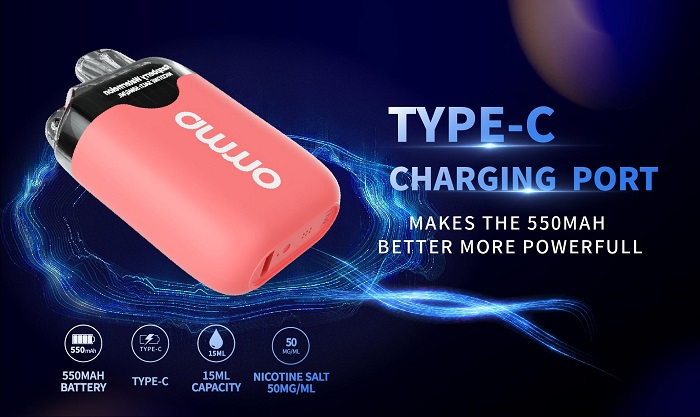
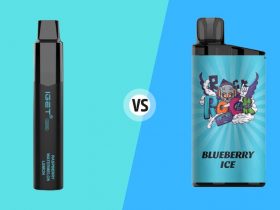
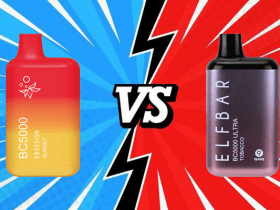
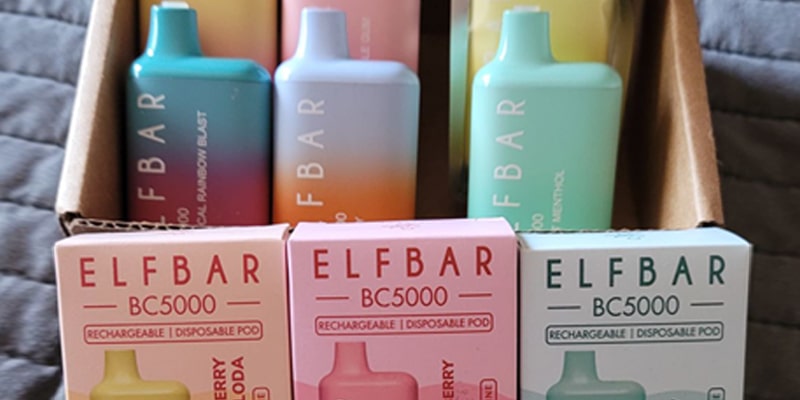
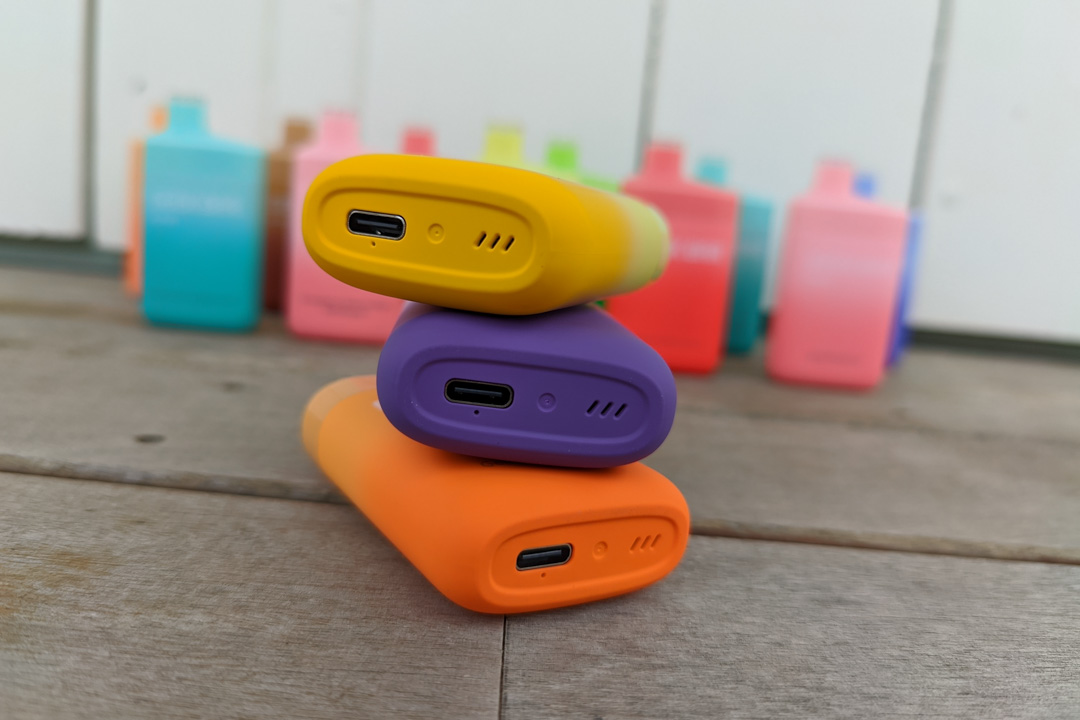



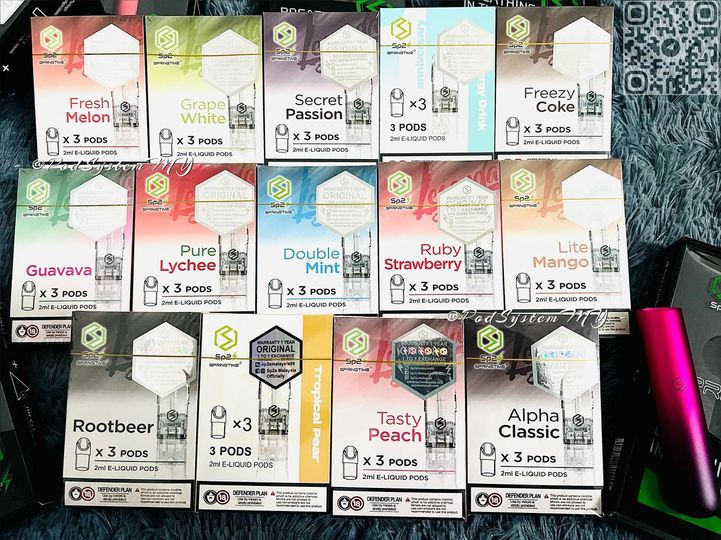
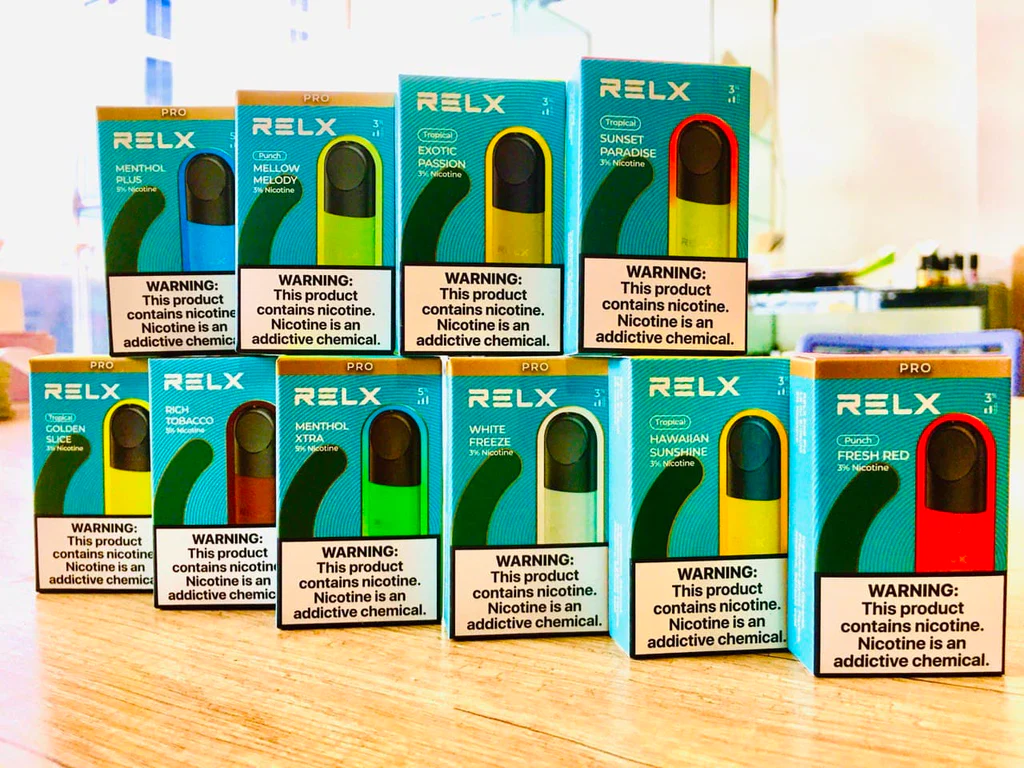

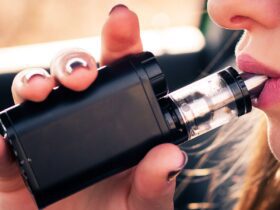
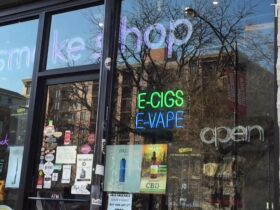


Leave a Reply